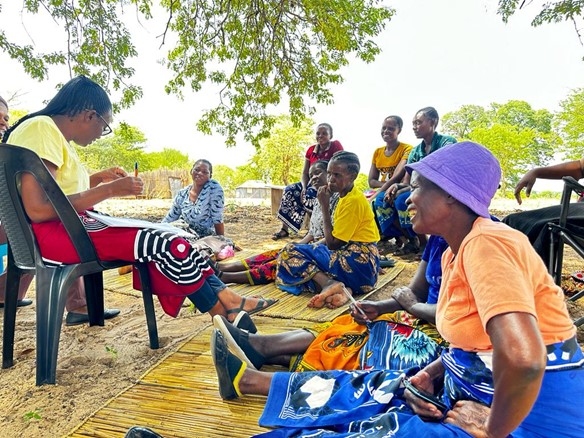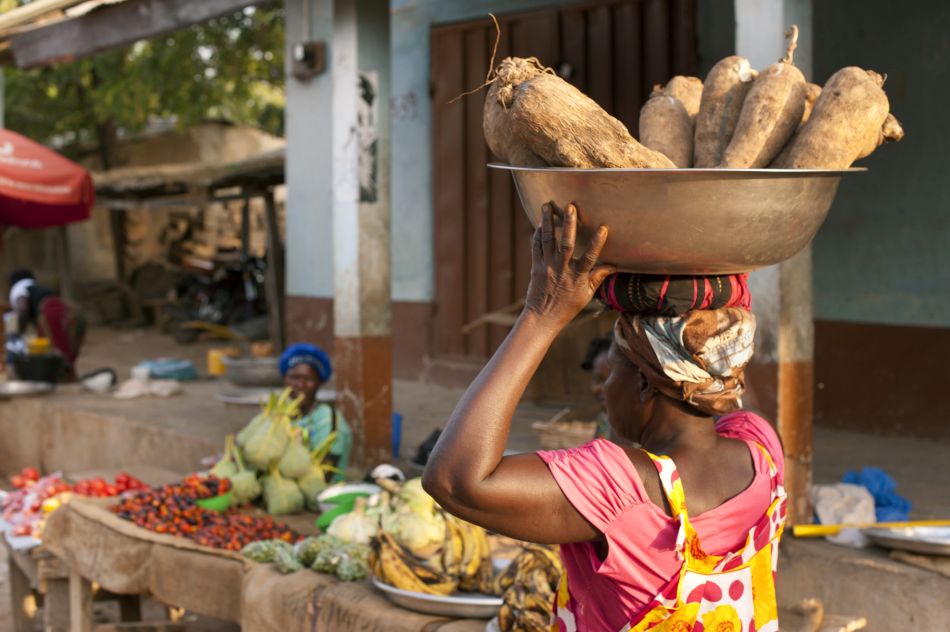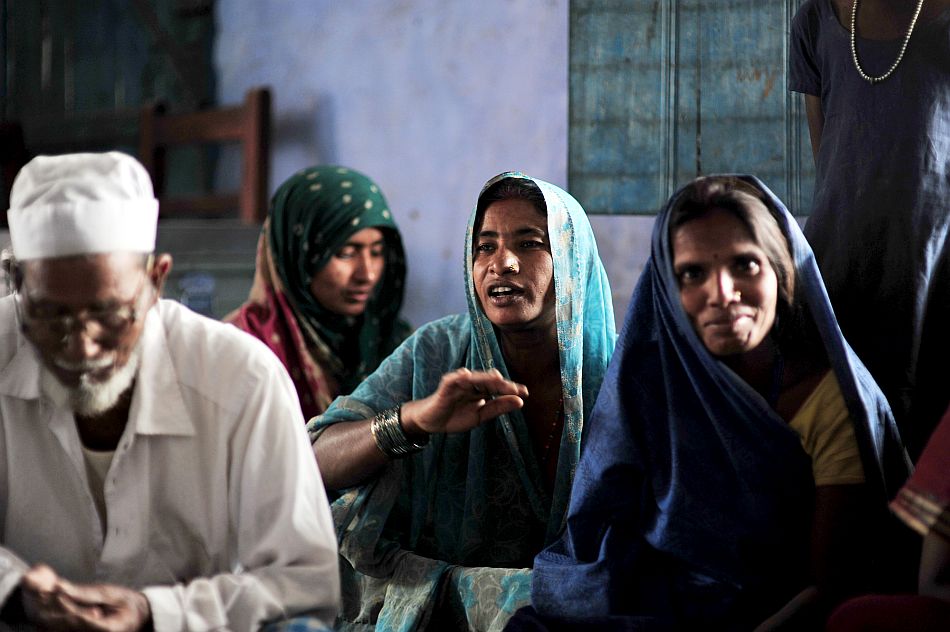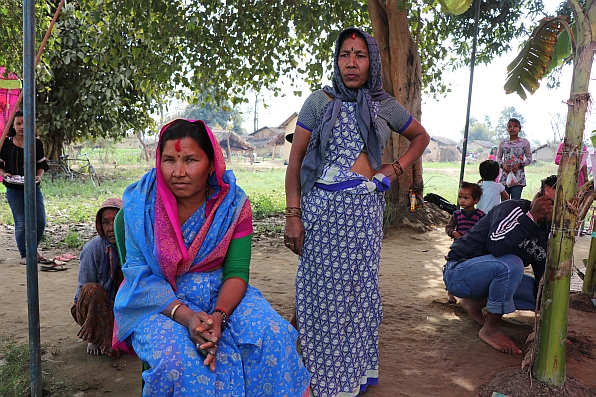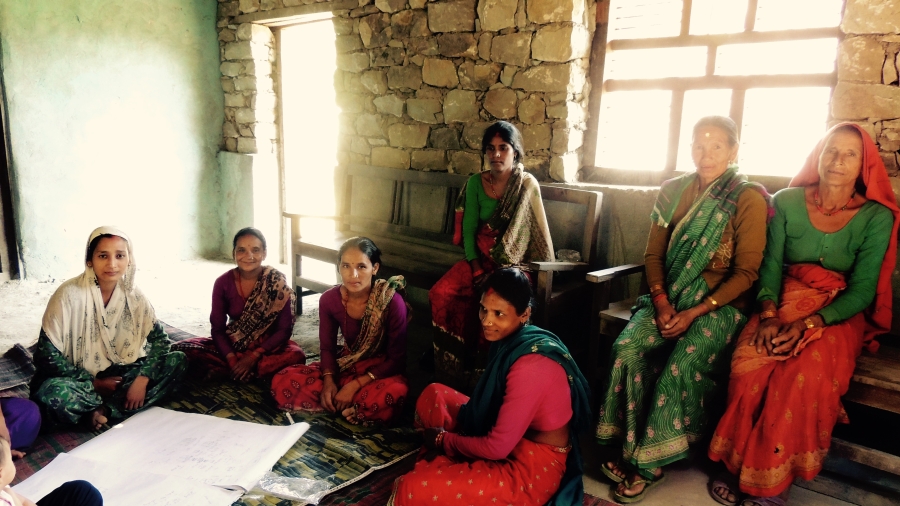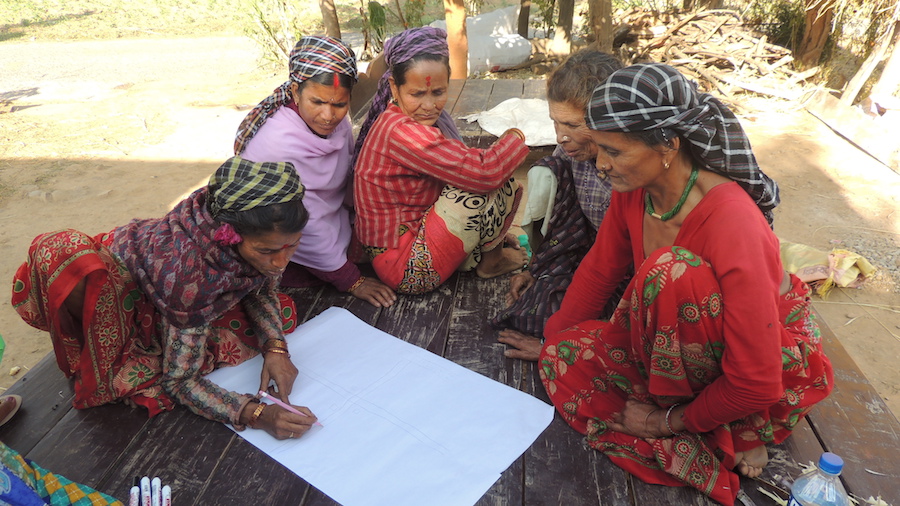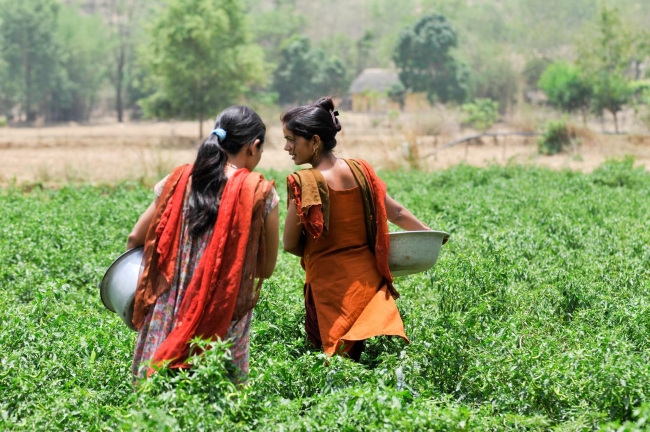By Manohara Khadka, IWMI Country Representative, Nepal
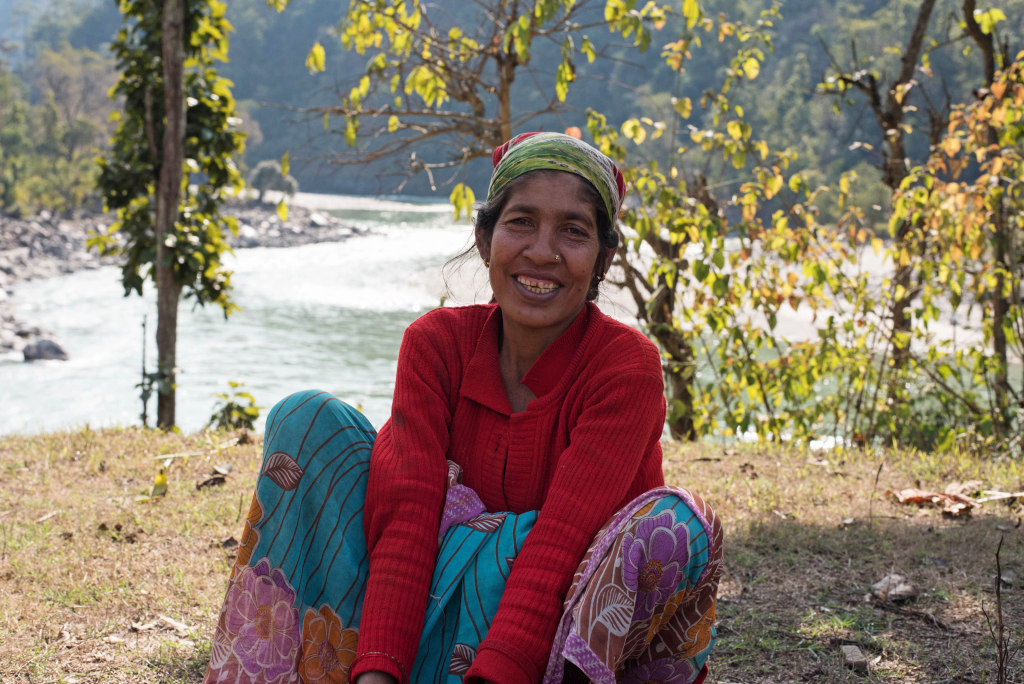
As a Nepali woman with over two decades of experience working on inclusion in the Hindu Kush Himalayan region, I am proud to lead the IWMI-Nepal team and help drive forward our groundbreaking work on water and gender. This at a time when Nepal is committed politically to a transformative path toward inclusive, representative and equitable development. Our task is to help turn this commitment into reality on the ground. And let’s be clear – it’s a major challenge.
That all local-level planning is to be informed by gender equality and social inclusion (GESI) is evidence of Nepal’s strong commitment to dismantling the multiple barriers that women and girls face in their daily lives. In addition, the country’s shift from unitary and centralized governance to federalism under a three-tiered decentralized framework calls for efforts to incorporate women’s engagement and participation into all levels of political decision-making. All good – but we know that lofty development goals rarely translate into practice.
Could women be the source of change? Advances in women’s representation in government show much promise. After successful completion of the first elections under the new federal system in 2017, women members made up 41% of local government, 33.5% at the federal level and 34.4% in provincial assemblies. For the first time in Nepal’s history, women account for 14,352 (out of 34,980) elected officials and hold 700 deputy mayor positions in 753 local governments. This puts Nepal in the top rank among South Asian nations in terms of women’s political engagement in parliamentary governance – well above the global average (23.3%). So far, so good.
But in Nepal, the question is not just “women” but which women? Both the GESI framework and federalism policy reforms require representation and inclusion of Dalit women – the group facing the most discrimination in society. This will create new qualitative and quantitative political space across the three tiers of federal governance – first, for women in general but also, critically, for marginalized women. In water supply and management, this represents an immense opportunity for IWMI-Nepal to identify and scale up water innovations that benefit the poorest and most marginalized, with new political power at the local level. This should have major implications for key targets across a range of Sustainable Development Goals (SDGs), including those related to SDGs 2, 5 and 6.
IWMI initiatives on water can build on this political shift in power, feeding in knowledge and increasing awareness of the need for sustainability and equity among elected representatives at all levels of government. This will be fundamental for ensuring that policies are implemented and monitored. This is the vision that informs our two ongoing gender research projects.
Through a project funded by the Australian government, we are examining the functionality of water supply systems in the hill and Terai regions of Nepal from a gender perspective. We are looking at the influence of women, with their different identities (based on caste, class, ethnicity, geographic location and age), on water supply systems and the roles of local governments in promoting GESI in water use. As the country gains momentum in the implementation of federalism, viewing water supply and management through the gender lens is a novel approach.
In collaboration with the National Water Conservation Foundation, we have been engaged in an action research project with Canadian support. This project examines the drivers of water-induced disasters and their effects on the vulnerability of women, children, and the elderly. The evidence generated is intended to inform local stakeholders in the various investments, in terms of capacity development, socio-technical systems, or plans and policies that are needed to build the resilience of the population at risk.
I therefore call on everyone to take International Women’s Day 2019 as an opportunity to promote innovations by and for women and girls, leading to transformational change. Nepal’s new political constellation should allow us to achieve this in ways that were scarcely imaginable even a few years ago. Watch this space as women in Nepal make history, and we at IWMI-Nepal plan for transformational changes in water governance.



